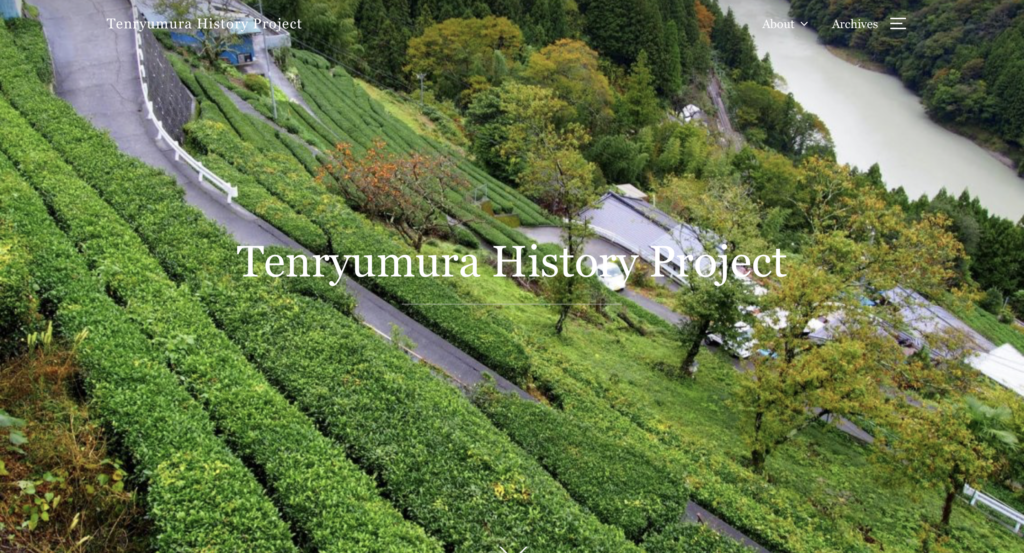I participated in the Tenryu Village history project from January to December 2021, and I am greatly honored to be one of the team members initiating the project. I mainly worked as the primary translator with Naomi Stock, who is the proofreader, to digitalize and translate documents provided by the village government. Starting from October 1st, I switched my role to be a proofreader in the team, working to check the accuracy of the translation.
Through the project, I am able to grow and learn both as a person and a translator.
At the beginning of the internship, I had the opportunity to talk to Mr. Kawakami from Tenryu Village, who is the main reason the project has been initiated. Mr. Kawakami has dedicated himself to preserving and educating on the history and culture of the village, and he especially emphasized on the importance of learning and remembering the tragedies and brutalities of WWII. As I had lived in Japan as a Chinese immigrant, I was excited to participate in such a meaningful project and to translate this part of the history. I believe the project was particularly meaningful since these documents were created by Mr. Kawakami, a retired Japanese man living in the village. His identity added another layer to the project; not many people would decide to become a self-taught historian after they retire and confront the dark history of their own country. I was and still am touched by his wisdom and dedication, and Mr. Kawakami as a person gives me a lot of insights on how I should approach the history of my own country.
As a translator, this is my first time working on a long-term project without the help of other senior translators. It was a process for me to know what I am capable of and what I am not and things that I need to improve on. I have especially learned to manage my time when translating a long document, and to think from the perspective of the readers, including creating footnotes for words and concepts that might be unfamiliar to the English-speaking audience.
I’m also glad that I could use my knowledge in Chinese language, and I believe my concentration in East Asian Studies that I majored in undergraduates have helped me to better understand the documents and proceed the translation work. As a Chinese immigrant growing up in Japan, sometimes it was emotionally difficult to translate some contents, and I believe this experience has taught me how to cope with my own emotion while maintaining professionalism.
Working closely with representatives of the village, Middlebury School in Japan, and Center for Community Engagement, another important lesson I learned is to not make assumptions. For instance, it was unexpected to know that some of the documents were cited completely from online sources, since we assumed Mr. Kawakami was the primary author. As a self-taught writer, Mr. Kawakami and the project members had a different understanding in “creating documents”—He also meant “citing and collecting information,” unlike what we assumed. It was a misfortune resulting from miscommunication. However, our team was able to swiftly resolve the issue by consulting a copyright expert at Middlebury College and revising the translation.
I believe my experience working in this project helped me to better understand how to work and communicate within communities that are culturally and linguistically diverse. I encountered many unexpected and unique challenges that I wouldn’t know without this experience, and I am greatly honored to be one of the team members initiating the project.
